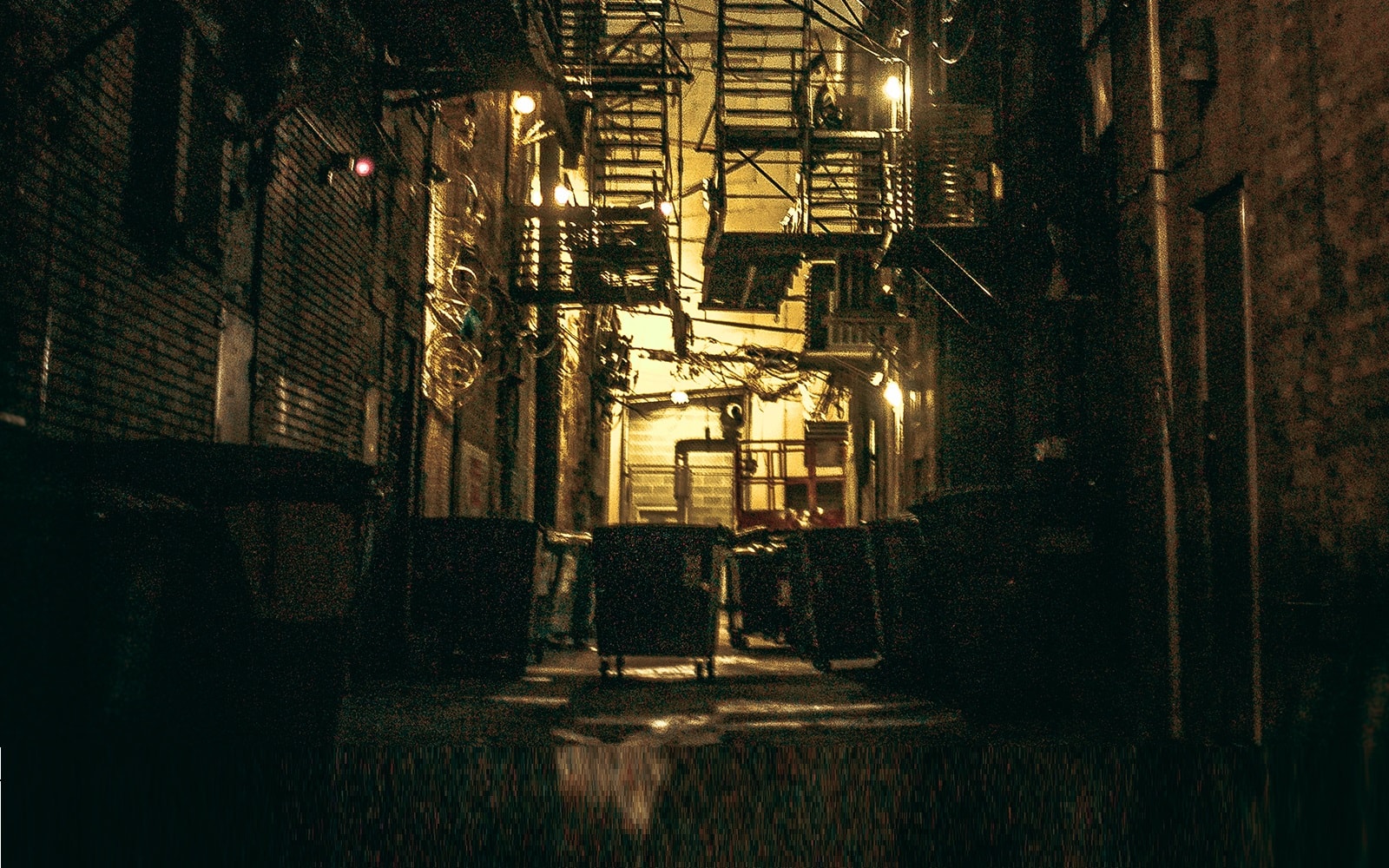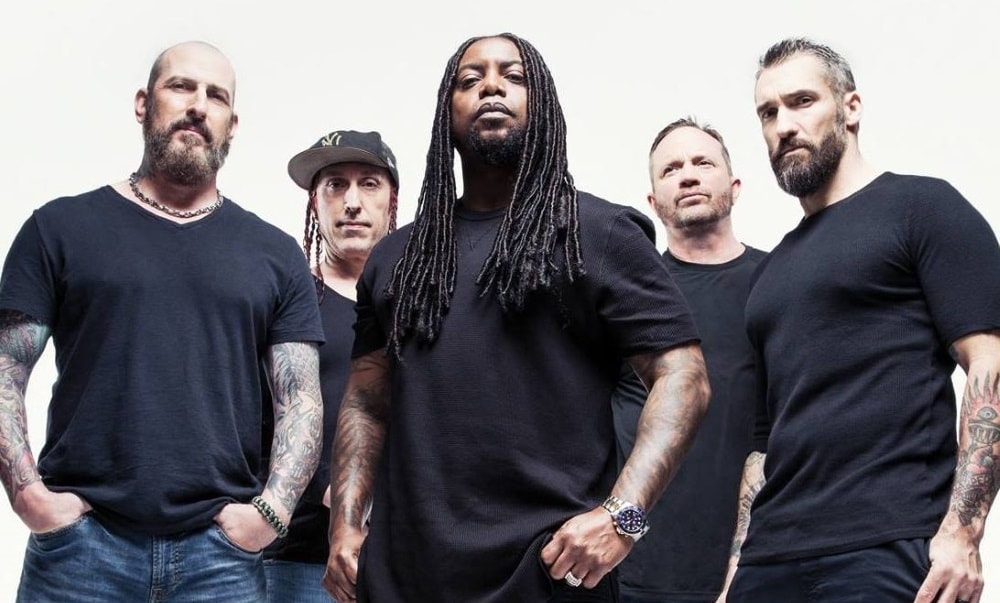Last week post-rock/alternative rock artist ALIGN IN TIME (alias of John Boles) released his second album, On a Spiral. In this piece, his close friend and former bandmate James Pianka reflects on Boles’ approach to songwriting and the themes underlying the new album.
I wanted to be a good person, or at least someone who sees more good in the world than this. It’d be easier if the world were actually good, and I find myself crediting its faceplant with the prickliness of my adult life, but I imagine every era had some take on this excuse, and that “We’re not going to the stars, so I abandon love” is an existential petulance I’d smack someone for speaking aloud. Optimism — not quite the assertion of benevolence, but at least a humanist affirmation of our value, if only to ourselves and each other — seems like the tether to this ball, the “Why not?” refusal of suicide given that we exist.
𝐼𝑛 𝑎 𝑤𝑎𝑦 𝑡ℎ𝑒 𝑎𝑙𝑏𝑢𝑚 𝑖𝑠 𝑎 𝑘𝑖𝑛𝑑 𝑜𝑓 𝑔𝑢𝑖𝑑𝑒𝑑 𝑔𝑟𝑖𝑒𝑣𝑖𝑛𝑔, 𝑎𝑠 𝑚𝑢𝑐ℎ 𝑒𝑙𝑒𝑔𝑦 𝑎𝑠 𝑒𝑥𝑢𝑙𝑡𝑎𝑡𝑖𝑜𝑛.
But if optimism is so perforated and frail, why is it so fucking easy for John? Why does he make art as if he saw the world from space and came back gripped by the miracle of home in all that void? Why does tragedy fail in everything he writes, defeated as gently as one pulls a blanket to a chin, welcomed but reformed? Loss is the premise — the trailhead his journeys never leave, and so endemic to their destinations. It’s an orienting feature in a landscape only navigable by emotional intelligence, where analysis leaves you miserable and convinced of nothing, but where empathy and an interminable, baffling insistence on the goodness of humankind makes you headbang in your kitchen and then later call your mom.
𝑂𝑛 𝑎 𝑆𝑝𝑖𝑟𝑎𝑙 𝑓𝑒𝑒𝑙𝑠 𝑚𝑜𝑟𝑒 𝑓𝑖𝑙𝑚 𝑠𝑐𝑜𝑟𝑒 𝑡ℎ𝑎𝑛 𝑝𝑜𝑠𝑡-𝑟𝑜𝑐𝑘, 𝑟𝑒𝑣𝑜𝑙𝑣𝑖𝑛𝑔 𝑖𝑡𝑠 𝑡ℎ𝑒𝑚𝑒𝑠 𝑤𝑖𝑡ℎ 𝑡ℎ𝑒 𝑠𝑎𝑚𝑒 𝑚𝑎𝑡𝑢𝑟𝑖𝑡𝑦 𝑡ℎ𝑎𝑡 𝑣𝑜𝑖𝑐𝑒𝑑 𝑡ℎ𝑒𝑚.
On a Spiral speaks in a language that shrivels before facts but outlives them, reaching deep into your gut and pulling upward while some angel of your youth strums, knee up, on a cloud. It presents to you moments of pain — wounds of your cruelty, white-lie cowardice, family lost like wings of a house condemned and blocked away — and interrogates that distress, tunneling away the foundations while holding you above the collapsing floors, then returning to the now-settled ruins to ask its questions another way: “Did you do that right? Were you not loved? Are we not the most magnificent fucking creatures?” In a way the album is a kind of guided grieving, as much elegy as exultation, ringing the church bell of importance as hard as it can above forgiveness — above a peace we don’t deserve. It’s the teachings of Christ-who-wasn’t-god, the thesis that always was — that primordial acceptance of the unacceptable that answers emptiness with joy. I can measure my failures against its virtue.
Technique-wise On a Spiral feels more film score than post-rock, revolving its themes with the same maturity that voiced them. Its rapturous moments hit when they shouldn’t — early, disciplined and coy with their cutoffs, armed with surprise. The sheer quantity of parts and the pace at which they cycle add a density of ideas that the genre typically declines for contemplative extensions, and in these arrangements the album honors and gains access to the complexity of the problems it asks us to resolve. Interpersonal pain is rarely a meditation — it’s choppy, perennial, and morphing with the context of each experience — and On a Spiral compels through mimicry, through careful and compassionate study of not just the ache of being alive and unsatisfied but of the flutters, the upheavals, the nervous returns to square zero where nothing makes sense but at any moment everything could.
Listen to On a Spiral here and follow Align in Time on Instagram, Facebook, and Twitter. Follow James Pianka on Twitter and Instagram.










